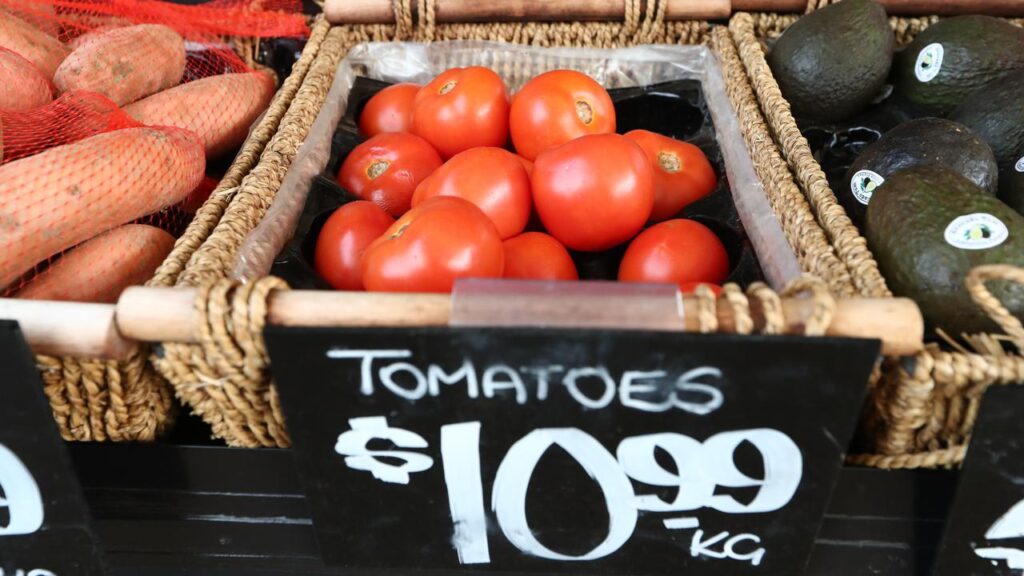Finance Minister Katy Gallagher concedes Australia is facing economic challenges, after warnings the global economy risks a toxic mix of low growth and high inflation, also known as stagflation.
The Bank for International Settlements says the past year has been shaped by two powerful forces – the COVID-19 and Russia’s invasion of Ukraine.
“This combination of forces makes for a challenging outlook,” the BIS, known as the central bank of central banks, says in its annual report.
“The mix of high inflation, high and volatile commodities prices and significant geopolitical tensions bears an uncomfortable resemblance to past episodes of global stagflation.”
An uncertain growth outlook in China adds to the downside risks to the global outlook.
“Unlike in the past, stagflation today would occur alongside heightened financial vulnerabilities, including stretched asset prices and high debt levels, which could magnify any growth slowdown,” the Zurich-based institution warns.
Senator Gallagher noted the report pointed out that the case for stagflation was a worst case scenario, but where there was no doubt the Australian economy faced challenges.
“We have got cost of living going through the roof, we have got rising interest rates, we have got wages still stagnant and that is presenting some real challenges to people,” she told Sky New on Monday.
“The job for government is to look at how we can make our policies, our sensible investments drive the productive capacity of the economy.
This includes Labor’s child care reform, skills training and taking advantage of the opportunities that emerge from renewable energy.
“They are things that will help the economy in the long term without adding to inflation in the short term,” Senator Gallagher said.
The Labor government is also looking at “sensible savings” when it hands down its first budget in October.
Still, Australia is benefiting from a commodity price boom as a result of the war in Ukraine.
The monthly financial statement released by the Department of Finance on Friday showed the underlying budget deficit was $33.4 billion in May, compared with a 2021/22 deficit of $79.8 billion forecast in the March budget.
Senator Gallagher welcomed the improvement given the budget Labor inherited was in “pretty rough shape”.
“We are seeing improvements; it is in those areas that are highly volatile, around commodity prices, and we have seen some softening in those in the past week,” she told ABC radio.
“We don’t expect (the budget improvement) will continue at this rate.”
Save this EOFY while you make a difference
Australia has spoken. We want more from the people in power and deserve a media that keeps them on their toes. And thank you, because it’s been made abundantly clear that at Crikey we’re on the right track.
We’ve pushed our journalism as far as we could go. And that’s only been possible with reader support. Thank you. And if you haven’t yet subscribed, this is your time to join tens of thousands of Crikey members to take the plunge.

Peter Fray
Editor-in-chief


